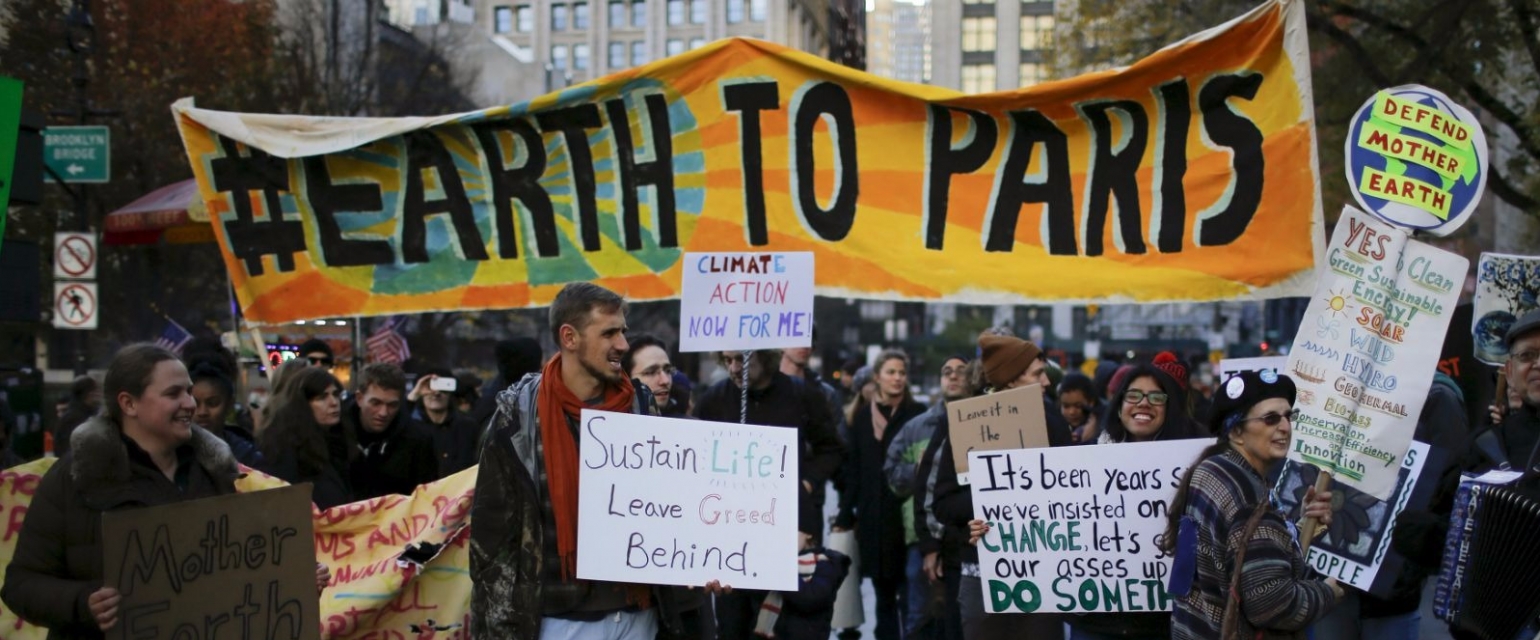

A number of major international summits were held last week, the most important ones being the United Nations Conference on Climate Change in Paris and the OSCE meeting in Belgrade. In Russia, however, all eyes were on President Vladimir Putin's annual address to the Federal Assembly, which traditionally contains important statements on the country's domestic and foreign policies.
New tensions in Russian-Turkish relations involving ISIS
News that could influence the future of Russian-Turkish relations continued to make headlines. Last week, the Ministry of Defense of the Russian Federation provided the global community with evidence of the Turkish leadership’s involvement in the oil trade with the Islamic State of Iraq and the Greater Syria (ISIS).
As might be expected, the U.S. Department of State challenged these claims, “We don’t believe there’s any truth to their claims that the Turkish government is somehow complicit in the illegal oil trade with ISIL. It’s just not true."
However, this information about a potential link between Turkey and ISIS was not news for world leaders. It has long been known that Turkey is trading with ISIS, and, in spite of showing outward support, Turkey's NATO allies are increasingly disappointed in the country's political course.
Climate change issues pushed aside in Paris
On Monday, Nov. 30, Paris hosted the 21st UN Conference on Climate Change, which was attended by 147 presidents and heads of state, including Russian President Vladimir Putin. Apart from the discussion of environmental issues, the Conference provided an opportunity for bilateral meetings where plenty of other issues were addressed.
Putin met again with Barack Obama, and they discussed Syria and Ukraine. The main point of contention between the two leaders is that Obama does not want the President of Syria, Bashar al-Assad, to be a part of the transition process in Syria. This scenario may leave Syria leaderless, but it does not guarantee that antagonistic opposition groups will be able to come to an agreement and maintain the integrity of the country.
The Russian leadership believes that urgent action is necessary. It is critical to compile a list of terrorist organizations and unite the global community behind stopping them, but it is also essential to figure out which groups can form a healthy opposition. According to the Russian President, who commented on his meeting with Obama, “They have an understanding of [their] goals."
Other meetings with Putin in Paris included those with the President of the People's Republic of China Xi Jinping, Chancellor of Germany Angela Merkel, and the President of the European Commission Jean-Claude Juncker. Then the Russian President met with Prime Minister of Israel Benjamin Netanyahu, the President of Peru Ollanta Humala, and the President of South Korea Park Geun-hye. The details of all these talks were not revealed to the press, but usually such short encounters are not for making decisions, but for asking questions.
Meetings with Asian leaders were a special item on Putin's agenda. The meeting with the President of the People's Republic of China Xi Jinping was not scheduled, but it could be inferred that urgent and important issues were discussed.
Continue reading at Russia Direct
The U.S. State Department has advised travelers of a heightened terrorism threat, and warned tourists against stating their nationality in public or wearing any clothes that might indicate that they are American. There is, however, evidence that the threat is being overstated.
The Ukraine crisis is not a “thing unto itself,” but a reflection of the general post-Cold War crisis in European security and the affirmation of unipolarity, which Moscow rejects. Hence, a Donbass settlement cannot be limited to the withdrawal of heavy equipment and weapons. It needs to be part of the overall transformation of security in Europe.
The beginning of Ukranian peace talks is an important step for all sides. Kremlin's stand should also be taken into account given how strongly Russia and Ukraine are connected.
After threatening to shoot Russian law-enforcement forces deployed in Chechnya without his permission back in April and then backing what appeared to be a forced wedding between a 17-year-old girl and a 47-year-old married police chief, Chechen leader Ramzan Kadyrov is continuing to embarrass the Kremlin in public.